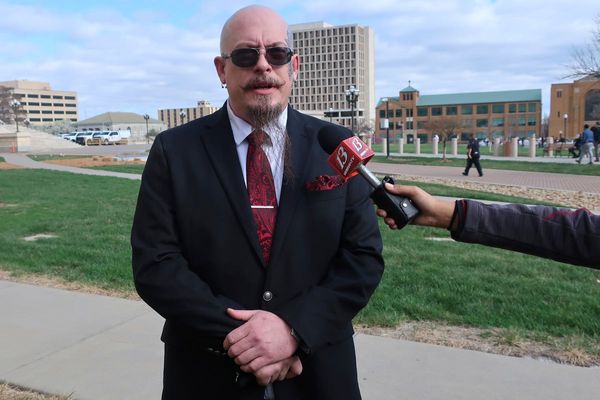
- Bond kingpin Bill Gross said a number of incidents with his personalized license plate early on in his career led to an important investment lesson.
Bill Gross might be known as the “Bond King” nowadays, but that wasn’t always the case.
Back in the 1970s Gross was a lowly analyst working for Pacific Mutual and, like many young people, was keen to make an impression on his superiors.
Gross decided the best way to establish himself as a key player in the bond market game was to buy a personalized license plate reading “BONDS 1.“
It was “an attempt to send a message to the chair of my then employer, Pacific Mutual, who I felt controlled the fate of my next raise and at least several thereafter,” Gross wrote in a column for the Financial Times.
He explained: “If I could drive that car next to his in the company garage, I might quickly or at least eventually send a subliminal signal that yours truly was a pretty hot ticket in the bond world—an idea, by the way, which had no basis in fact in 1973.”
Unfortunately the tactic didn’t work, he added: “Well, the ‘great license plate’ comment never came down from the chair, nor did much in the way of raises, but ‘BONDS 1’ did attract the attention of some observers.”
While stopping to fill up his car in Mission Viejo, Calif., individuals would ask if Gross could bail a family member out of nearby Orange County jail. “It was then that I learned that ‘BONDS 1’ meant different things to different people,” Gross reflects.
In hindsight it seems laughable to imagine the man dubbed “the Bond King” ever needing such stunts to gain attention from superiors.
After all, this was the man who went on to cofound Pacific Investment Management Co. (Pimco) under his then employer before formally splitting the subsidiary from its parent company.
Gross is now worth $1.7 billion, according to Forbes, and announced his retirement—then working at Janus Henderson Group—in 2019.
Investment lessons
But the debacle over that personalized license plate—the only one Gross said he has ever had—did provide Gross with “one of the most important” lessons of his career.
“It was a reminder that investors likewise have very different takes on assets that might be at odds with my own,” Gross explained in the FT. “Experience has shown again and again that it pays me to listen to such views and that people-watching is key to financial markets.
“So as it turns out, one of my most important lessons in seeking to master markets came from a reflection in a petrol station forecourt.”







